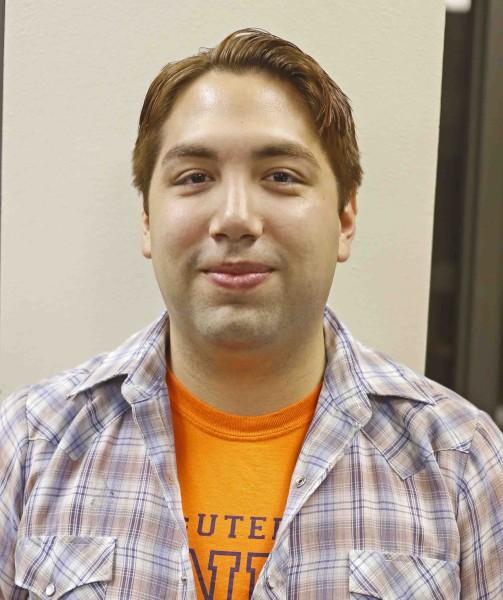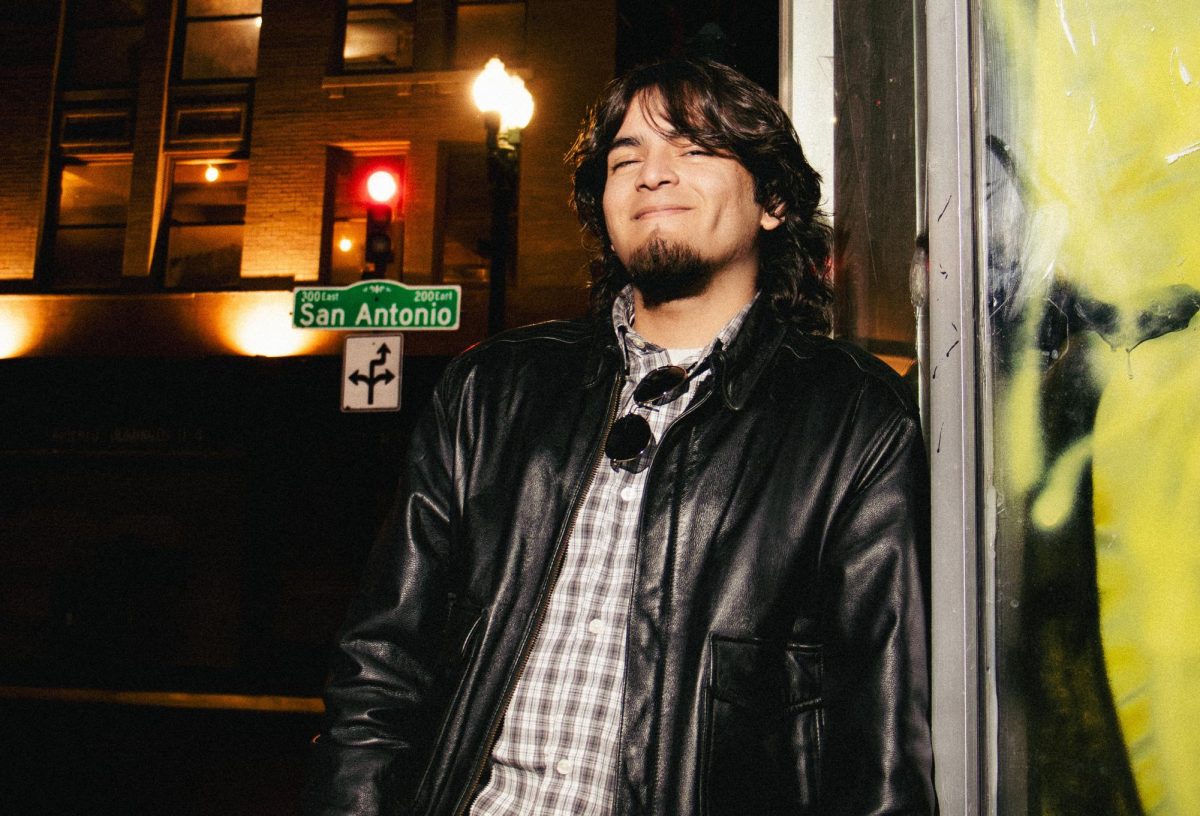Smoking was such an in-vogue habit.
It stood for the style of so many people I admire: journalists, writers, academics, media professionals and the smoldering list goes on.
With the recent ban of smoking on campus, I’ve been pushed to reflect on the nature of smoking. I’ve always had family, friends and colleagues that smoke. It was just part of the culture of our professions and city.
I remember high school, having just turned 18. On that day we went out and bought a pack of cigarettes and a lottery ticket. It was a rite of passage for many of us from the Lower Valley.
Smoking has always had a fashionable allure. Watching “Breakfast at Tiffany’s” for the first time with Audrey Hepburn sitting opposite George Peppard, a cigarette delicately clasped in her hand. She shares the weather report, he talks about writing and before she falls asleep he gently stubs out her smoke in the ashtray.
Years ago, in my intro to journalism course, we were shown photos of the “quintessential journalist.” We were sold on the idea of an era where hard-hitting reporters slumped in front of a typewriter, cigarette clenched between their teeth.
In more recent years, cigarettes have been a catalyst for conversation. There is not a less threatening icebreaker than “do you have a light?” Business is often conducted in the smoking section. It is a chance to sit on even ground with your boss or co-workers and remove yourself from the world for 10 minutes.
It would be asinine to attempt to justify smoking—given the great corpus of knowledge about its adverse effects—but have many studies been done on the positive social implications? Have people considered the nature of borderland culture? Academic culture?
The ban on smoking doesn’t hurt the wealthy student. It will not bother the athletes. The ban will only inconvenience the deans, vice presidents and tenured professors.
The ban hurts the student working two jobs to get themselves through college. It hurts the graduate student trying to break into the academic world. It hurts the student taking 18 hours, trying to pack in a few extra classes toward graduation.
This ban hurts the people who look toward a small vice to ease the tension of a hard reality. It hurts the folks who have made the decision, as adults, to partake of a crop that has been a cornerstone of our country since its earliest years.
In 2014, it is common knowledge that the use of tobacco products can have serious consequences, but many still use them. Cigarettes are not smoked out of ignorance. My willingness to smoke is my own decision, despite the consequences. A campus ban will not promote awareness or hinder my use of them; it’s merely an inconvenience.
The tobacco-free UTEP website states “UTEP has a focus on promoting health and wellness among our community,” so maybe our next discussion should be on removing Pizza Hut and Chick-fil-A from campus.
I won’t miss the cloud of smoke outside the Liberal Arts Building, or the sickly-sweet vapor of e-cigarettes in the library or the mass grave of cigarette butts outside the Union. I will miss the allure of fashion, camaraderie and choice.
Take a deep drag, UTEP. Hold, then exhale.
S. David Ramirez may be reached at [email protected].








Molly • Feb 26, 2014 at 10:02 AM
You make some valid points. I don’t think we should ban smoking to try to promote awareness – it’s pretty obvious to everyone how bad smoking is. Smokers know that, non smokers know that. There are countless ads and commercials that tell us everyday why we shouldn’t smoke.
That doesn’t change the fact that people want to smoke, go ahead! I know how addictive it is and how incredibly difficult it is to quit. I know how it is truly a release for some people when things get real tough. But that’s not how I interpret the campus ban on smoking, or for that matter, all other businesses who don’t allow smoking in their place of business. I see the ban on smoking more for those who DON’T smoke. It’s well known and researched how bad second-hand smoke is to the non-smoker. I can’t tell you how many times I’ve been caught walking on campus behind someone smoking and had to inhale everything they were smoking. I choose not to smoke, so why should I still have to inhale those toxic chemicals?
That’s why I think people wanted the ban on smoking – not because we need to tell smokers they should quit (they probably get told that enough by their friends, family, society, on a regular basis) – but because it’s not fair to those people who don’t smoke to have to walk around campus still inhaling the toxic chemicals and particles from someone else’s cigarette.